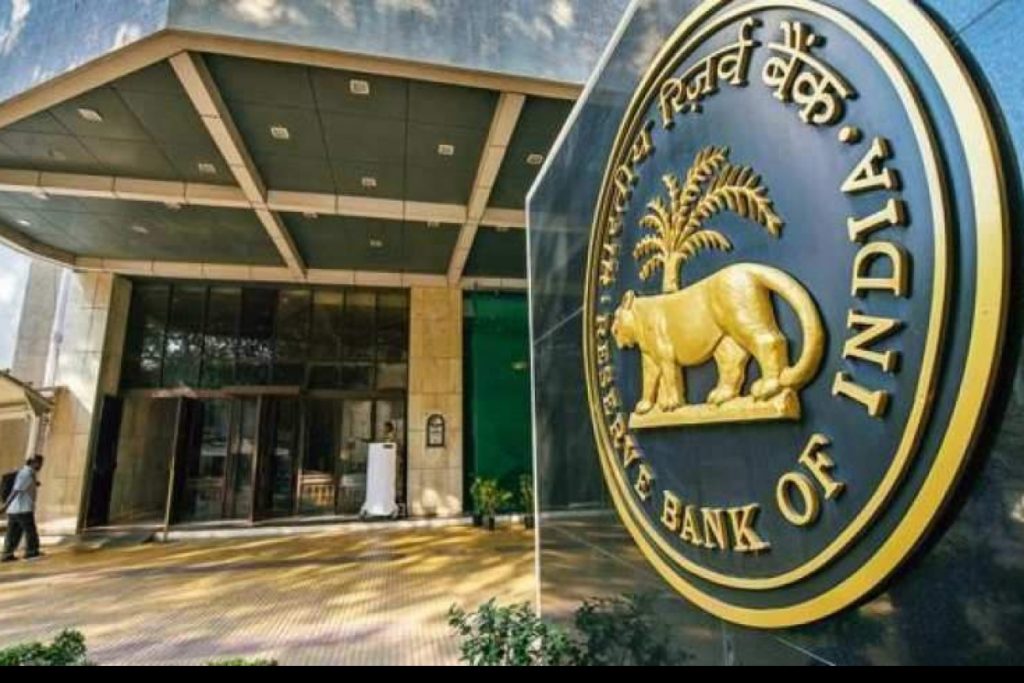
According to a report published by the Economic Times, the Securities and Exchange Board of India (SEBI) informally communicated the message to merchant bankers, lawyers and company executives for several weeks.
Some written communication has not been provided by the SEBI, however, several people familiar with the matter told the Economic Times that the communications could be related to India's planned restrictions on non-state-issued cryptocurrencies.
Will India also ban the use of cryptocurrencies?
India is said to be moving to ban the use of "private cryptocurrencies" with a new bill that will be introduced in the current parliamentary session. The bill is also expected to provide a framework for the Reserve Bank of India that will allow it to issue its own digital rupee.
“The market regulator seems to think that this could become a risk for the Investors if a promoter holds an asset that is illegal in the country, ”a securities attorney said in the report.
Mahesh Singhi, chief executive of investment banking firm Singhi Advisors, said the fear is that the funds raised could be used for speculation.
"The regulator has provided indirect messages on this and in some cases other investors are also cautious when it comes to promoters holding crypto assets as they may be banned in India," Mahesh said. Having holdings in cryptocurrency is a "red flag" that should be mentioned in an IPO prospectus, he added.
There is a truce at the moment, but the ban on cryptocurrencies could come soon
If as expected, the use of cryptocurrencies in India is banned in the near future with an Ad Hoc bill, then the country will grant a transition period to comply with the new laws.
According to a report published by Bloomberg, speaking anonymously, a senior official from the Ministry of Finance said that it would probably be given a period of 3 to 6 months for cryptocurrency holders to close their positions.
Also according to the publication, all those who still hold digital assets after the closure of the transition window will have their investments liquidated.
After that, the use of cryptocurrencies will be banned with a new law that is expected to be introduced via the current parliamentary session. Still the same bill, it should give the Reserve Bank of India a clearer picture that can allow the bank to issue its own digital currency.
Although the new law explicitly addresses private cryptocurrencies, it should allow for some exceptions to promote the underlying technology of the nascent asset class and its use across the broader financial sector, as previously reported.
